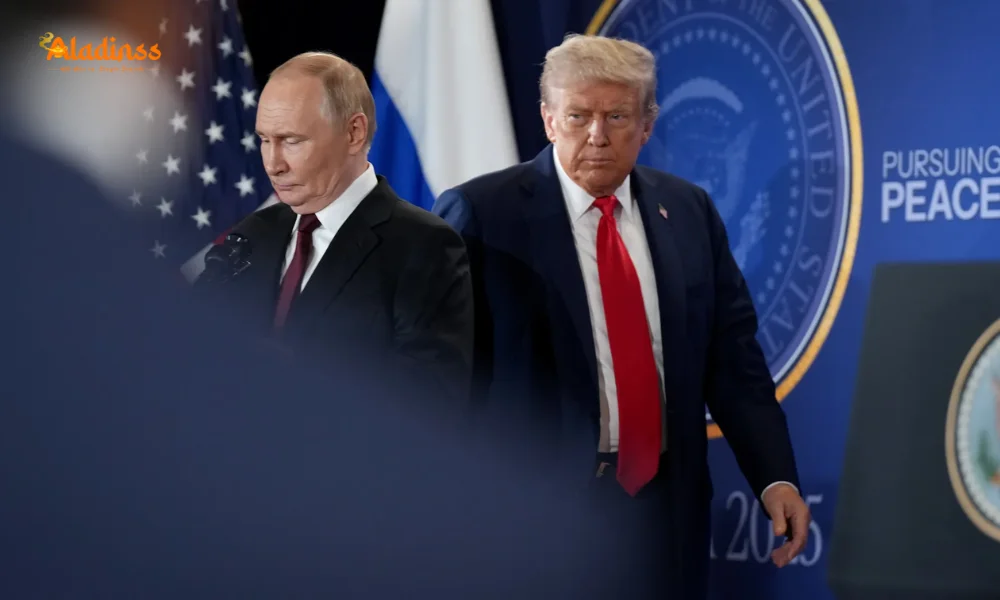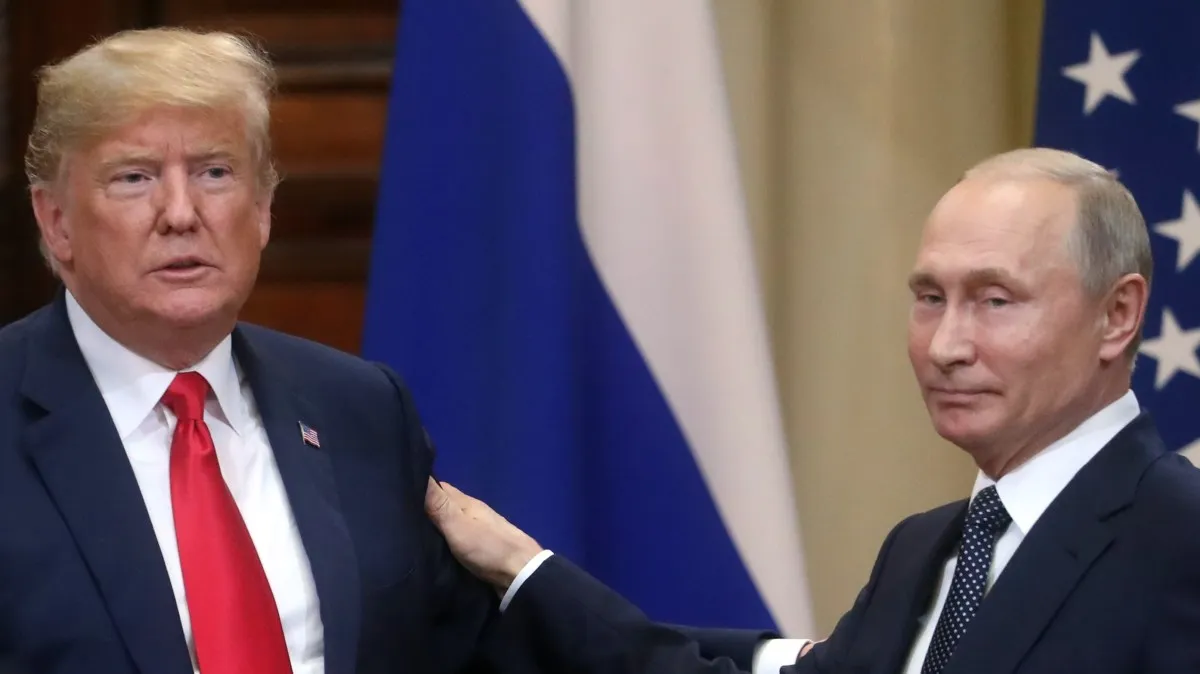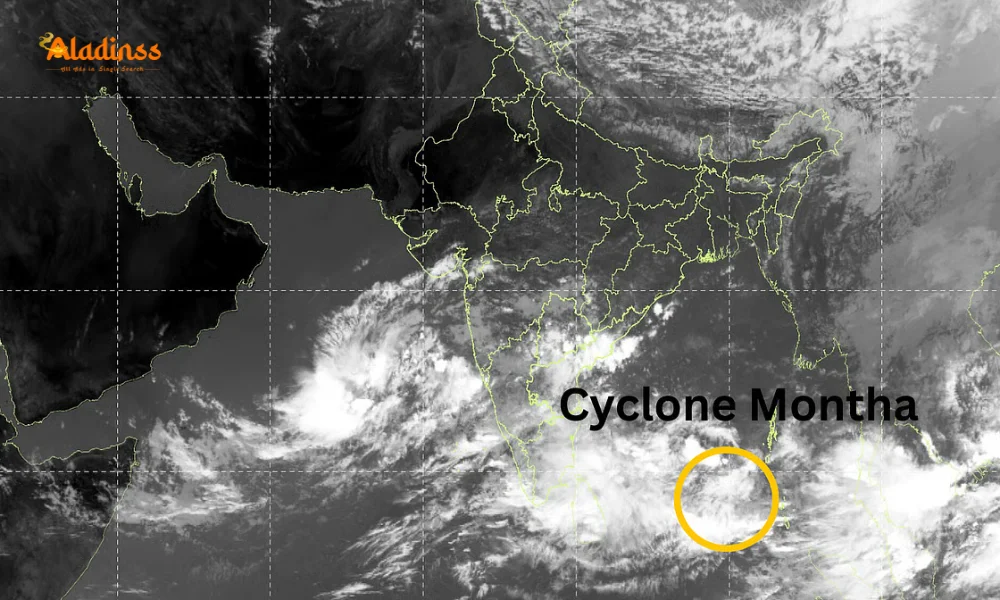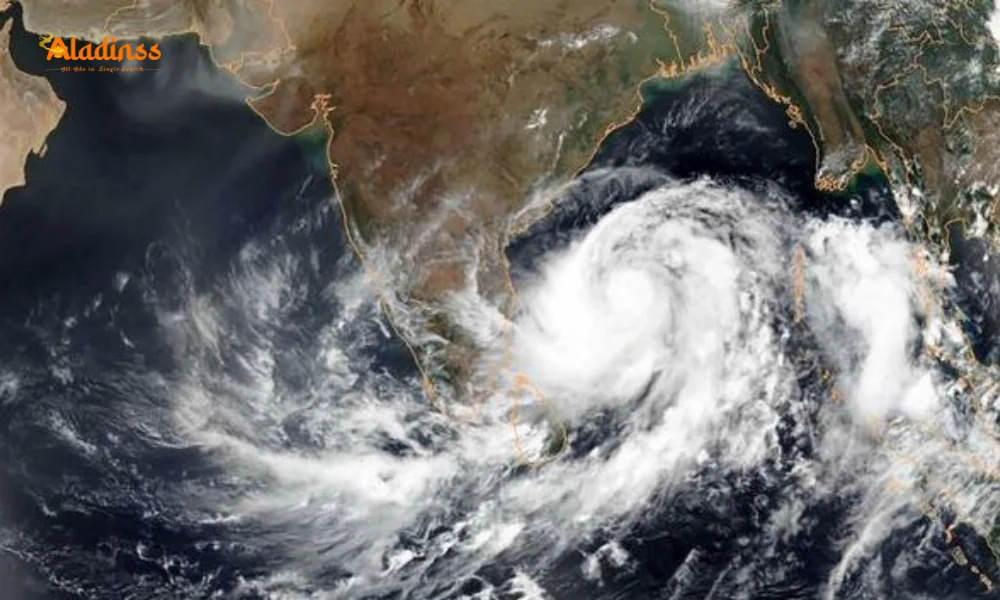Trump vs Putin: Explosive Oil Sanctions Ignite Global Economic Tensions

Trump Challenges Putin’s Claim on Oil Sanctions Impact
US President Donald Trump has countered Russian President Vladimir Putin’s dismissal of new US oil sanctions, suggesting their true impact will become evident in the coming months. Responding to Putin’s claim that the sanctions on Russia’s major oil companies, Rosneft and Lukoil, will not harm the Russian economy, Trump remarked, “I’m glad he feels that way. Let’s see how it plays out in six months.” The sanctions, aimed at curbing Russia’s ability to fund its military actions in Ukraine, have sparked a heated exchange between the two leaders.
The measures, announced by the US Treasury Department, target Russia’s energy sector to limit its financial resources amid the ongoing Russia-Ukraine war, now in its third year. Putin, however, downplayed their significance, arguing that they are unlikely to destabilize Russia’s economy but could disrupt global energy markets, affecting even the US.

Putin’s Defiance on US Oil Sanctions
Speaking from Moscow, Putin described the US sanctions as “pressure tactics” designed to force Russia into a ceasefire in Ukraine. He asserted that no self-respecting nation would bow to such measures, emphasizing Russia’s resilience. “These sanctions will not cripple our economy,” Putin stated, highlighting Russia’s ability to adapt to economic restrictions through alternative markets and domestic strategies.
Putin also revealed that he had directly cautioned Trump about the broader implications of the sanctions, particularly their potential to disrupt global oil prices. “We made it clear that these measures could impact oil markets worldwide, including in the United States,” he said. His comments underscore the delicate balance of economic warfare, where actions against one nation can ripple across global markets.
Global Energy Market Reactions
The announcement of sanctions on Rosneft and Lukoil triggered immediate volatility in global energy markets. Oil prices surged as traders expressed concerns over potential supply constraints. Countries heavily reliant on Russian crude, such as India, have reportedly begun scaling back their purchases, reflecting the broader impact of the sanctions on international trade. This market reaction aligns with Putin’s warning about the global consequences of the US measures.
The rise in oil prices has sparked debates about the effectiveness of sanctions as a tool to pressure Russia. While the measures aim to limit Moscow’s financial capacity to sustain its military operations, they also risk increasing energy costs for consumers worldwide, including in the US. This unintended consequence highlights the complexity of targeting Russia’s energy sector, a critical component of its economy.
Ukraine and International Responses
Ukraine’s President Volodymyr Zelenskyy praised the US sanctions, describing them as a vital step to “undermine the Kremlin’s war machine.” He argued that targeting Russia’s oil industry would reduce its ability to fund the ongoing conflict, which has caused widespread devastation in Ukraine. Zelenskyy’s support reflects the broader Western strategy to weaken Russia’s economic and military capabilities through sanctions.
In contrast, Russia’s foreign ministry condemned the sanctions as “counterproductive,” asserting that they would fail to achieve their intended goals. The ministry’s statement echoed Putin’s confidence, claiming that Russia’s economy is well-equipped to withstand external pressures. This defiance underscores the ongoing diplomatic standoff between Moscow and Western powers, with no immediate resolution in sight.
Trump-Putin Dialogue and Canceled Summit
Amid the escalating tensions, Putin addressed the cancellation of a planned summit with Trump in Budapest, describing it as a postponement rather than a complete cancellation. He noted that the initiative for the meeting had come from the US, signaling Washington’s interest in maintaining some level of dialogue. “We remain open to discussions,” Putin said, reiterating his preference for diplomacy over confrontation.
Putin’s emphasis on dialogue reflects Russia’s broader strategy of balancing strong rhetoric with calls for negotiation. Despite the strained relations, his comments suggest a willingness to engage with the US, particularly as both nations navigate the complex dynamics of the Russia-Ukraine war and global economic challenges.
Economic and Geopolitical Implications
The sanctions on Rosneft and Lukoil represent a significant escalation in the US’s efforts to pressure Russia economically. By targeting the country’s largest oil producers, the measures aim to disrupt Russia’s financial lifeline, which heavily relies on energy exports. However, Putin’s confidence in Russia’s economic resilience suggests that Moscow has prepared contingency plans, such as redirecting oil exports to non-Western markets like China and India.
The broader geopolitical implications of the sanctions are profound. The Russia-Ukraine war has already reshaped global alliances, with Western nations rallying behind Ukraine while Russia strengthens ties with countries like China and Iran. The sanctions could further polarize these alignments, complicating efforts to achieve a diplomatic resolution to the conflict.
Global Energy Dynamics
The rise in oil prices following the sanctions highlights the interconnected nature of global energy markets. Russia, as one of the world’s leading oil producers, plays a critical role in maintaining supply stability. Any disruption to its exports, whether through sanctions or other measures, can have far-reaching consequences for energy-importing nations. Countries like India, which have historically relied on Russian crude, now face the challenge of securing alternative supplies at higher costs.
Analysts warn that sustained high oil prices could exacerbate inflation in major economies, including the US, where energy costs directly impact consumers. This dynamic places additional pressure on the Biden administration to balance its foreign policy objectives with domestic economic concerns, particularly as Trump’s comments suggest a long-term evaluation of the sanctions’ effectiveness.
Russia’s Economic Resilience
Putin’s assertion that the sanctions will not significantly impact Russia’s economy is rooted in the country’s efforts to diversify its trade partners and reduce reliance on Western markets. Over the past few years, Russia has strengthened economic ties with Asia, particularly China, which has become a major buyer of Russian oil. This shift has helped Russia mitigate the impact of Western sanctions, though challenges remain in maintaining economic stability amid ongoing global pressures.
The sanctions on Rosneft and Lukoil, however, pose a unique challenge, as these companies are central to Russia’s energy sector. Any disruption to their operations could strain Russia’s budget, which relies heavily on oil revenues to fund both domestic programs and military operations. Despite Putin’s confidence, analysts suggest that the long-term effects of the sanctions may depend on Russia’s ability to secure alternative markets and maintain production levels.
Diplomatic Pathways and Future Outlook
Putin’s call for dialogue, despite the sanctions, indicates a willingness to keep communication channels open with the US. The postponed Budapest summit, while a setback, suggests that both leaders recognize the importance of diplomacy in managing tensions. However, the deepening divide over the Russia-Ukraine war and the imposition of sanctions make meaningful negotiations challenging.
The international community, including organizations like the United Nations, continues to advocate for a peaceful resolution to the conflict. However, the combination of economic sanctions, military escalation, and diplomatic posturing creates a complex environment with no easy solutions. The coming months will be critical in determining whether the sanctions achieve their intended goals or further entrench the divide between Russia and the West.
Conclusion: A High-Stakes Standoff
The exchange between Trump and Putin over the US oil sanctions highlights the ongoing tensions between Washington and Moscow. While Trump adopts a wait-and-see approach, Putin remains defiant, emphasizing Russia’s resilience and warning of global consequences. The sanctions on Rosneft and Lukoil have already disrupted energy markets, raising questions about their long-term impact on both Russia’s economy and global stability.
As the Russia-Ukraine war continues, the interplay of sanctions, diplomacy, and military actions will shape the future of international relations. For now, the world watches closely as the US and Russia navigate this high-stakes standoff, with significant implications for global energy markets and geopolitical dynamics.
Comment / Reply From
No comments yet. Be the first to comment!











